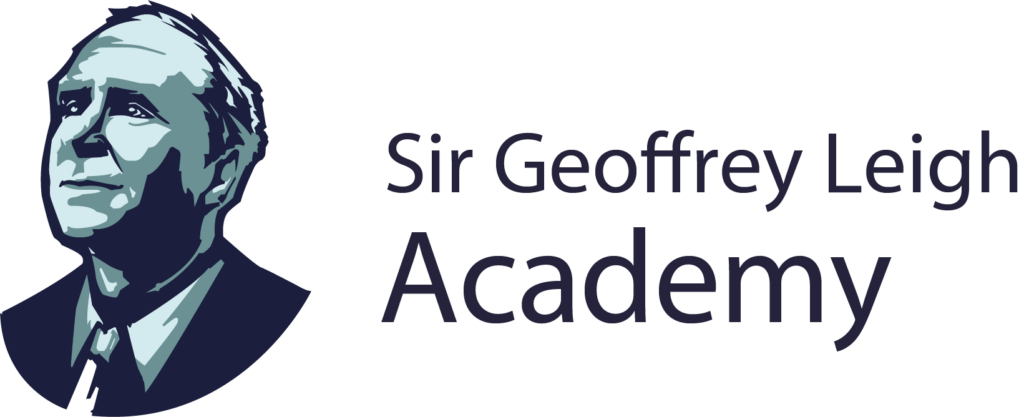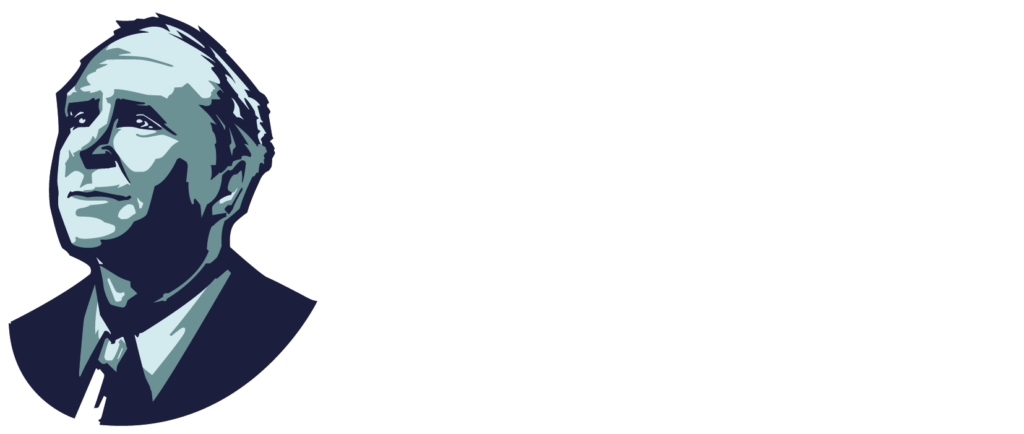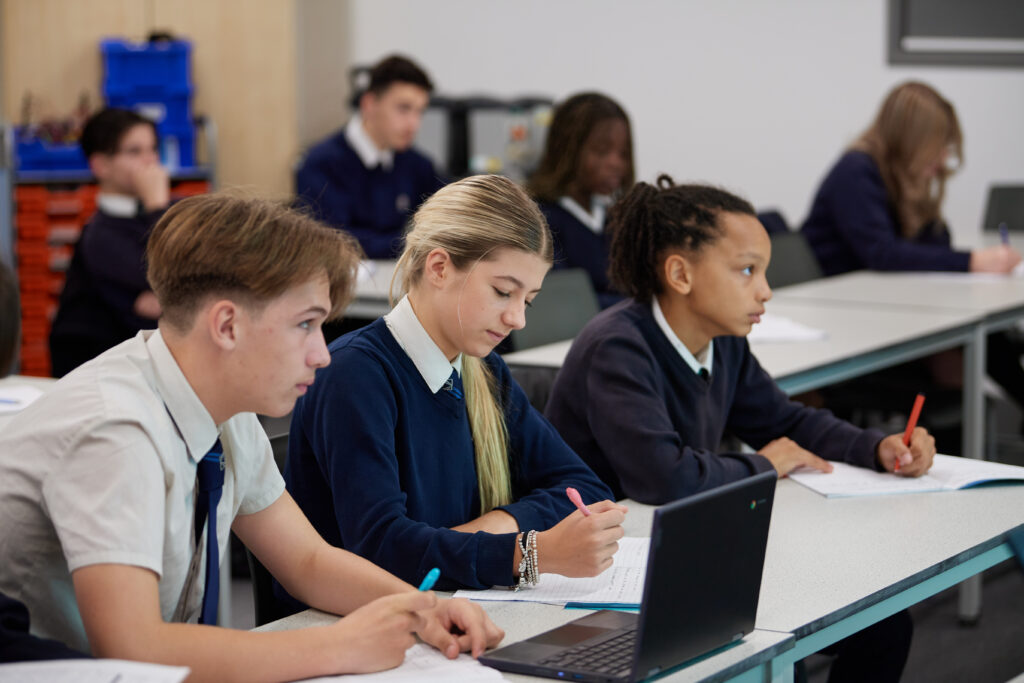What is the subject about?
The English Language GCSE and English Literature GCSE are skills-based qualifications, with assessment in 2 key areas:
- Reading for Meaning
- Writing
The course aims that students will by the end of the course be:
- fluent, articulate speakers
- able to analyse and interpret meaning, in a wide range of texts
- able to produce articulate, well-structured writing, using a range of language devices, a full range of punctuation and a wide sophisticated vocabulary




